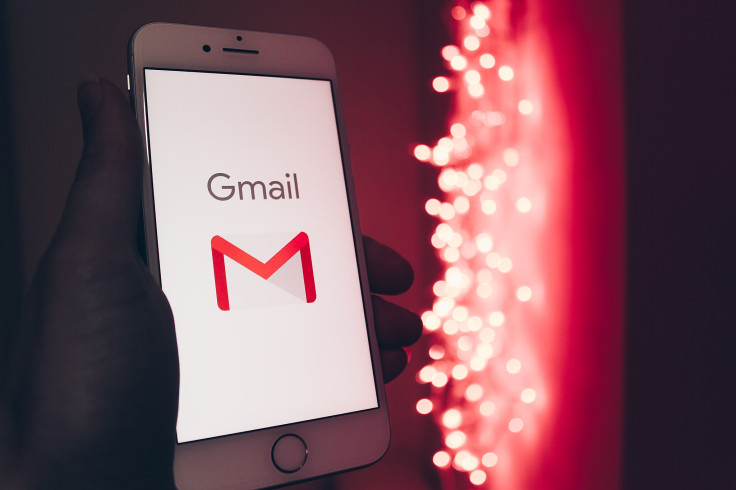Google Hits Back at Claims Saying They Are Using Gmail to Train AI: 'We Have Not Changed Anyone's Settings'
A post on X claiming that Google automatically opted in Gmail users to access private messages and attachments to train AI models went viral

Google has denied a viral post on X (formerly Twitter) that claimed Gmail users were automatically opted in to allow Google access to their messages and attachments for AI training.
Company spokesperson Jenny Thomson told The Verge that the allegation is false, stating that Google made no such changes. According to the viral post, the only way to opt out of the supposed new policy was to manually disable smart features such as spell checking.
The post has now amassed 7.6 million views and more than a thousand replies.
Misleading Reports
Thomson said the reports were 'misleading' and stressed that Google had not altered anyone's Gmail settings.
'We have not changed anyone's settings. Gmail Smart Features have existed for many years, and we do not use your Gmail content for training our Gemini AI model,' she told The Verge.
Google updated its smart-feature personalisation settings in January to allow users to turn off personalisation for Workspace, Maps, Wallet and other products independently.
While the company strongly denies the claim, many users insist they were re-opted into smart features they had previously turned off — including one Verge staffer.
IMPORTANT message for everyone using Gmail.
— Dave Jones (@eevblog) November 19, 2025
You have been automatically OPTED IN to allow Gmail to access all your private messages & attachments to train AI models.
You have to manually turn off Smart Features in the Setting menu in TWO locations.
Retweet so every is aware. pic.twitter.com/54FKcr4jO2
Google's Smart Features
In addition to spell checking, Gmail's smart features include tracking orders and automatically adding flights from Gmail to the calendar. When enabled, Workspace states that 'you agree to let Google Workspace use your Workspace content and activity to personalise your experience across Workspace,' which, according to Google, does not include using Gmail content to train AI models.
Malwarebytes writer Pieter Arntz discussed the viral post by Dave Jones, outlining how users can opt out of smart features in Gmail and Google Workspace.
He suggested Google's reasoning for the under-the-radar settings changes was to 'power new Gmail features with its Gemini AI' to help users write emails faster and manage their inboxes more efficiently.
Arntz also questioned the initiative's lack of explicit consent, warning that while the features may improve the Gmail experience, the privacy risks may outweigh the benefits.
Latest Lawsuit Accuses Google of Using Gemini to Track Gmail Users
The viral post comes just over a week after a report surfaced about a lawsuit accusing Google of 'unlawfully' tracking Gmail users' private communications using its Gemini AI assistant.
According to Bloomberg, the case was filed in the Northern District of California in San Jose. It alleges that Google is violating California's Invasion of Privacy Act — a law that prohibits surreptitious wiretapping and the recording of confidential communications without the consent of all parties.
The proposed class-action lawsuit also claims that users must 'dig' through Google's privacy settings to disable Gemini, and that unless they do so, Google can use its AI model to 'access and exploit the entire recorded history of its users' private communications, including literally every email and attachment sent and received in their Gmail accounts.'
© Copyright IBTimes 2025. All rights reserved.





















